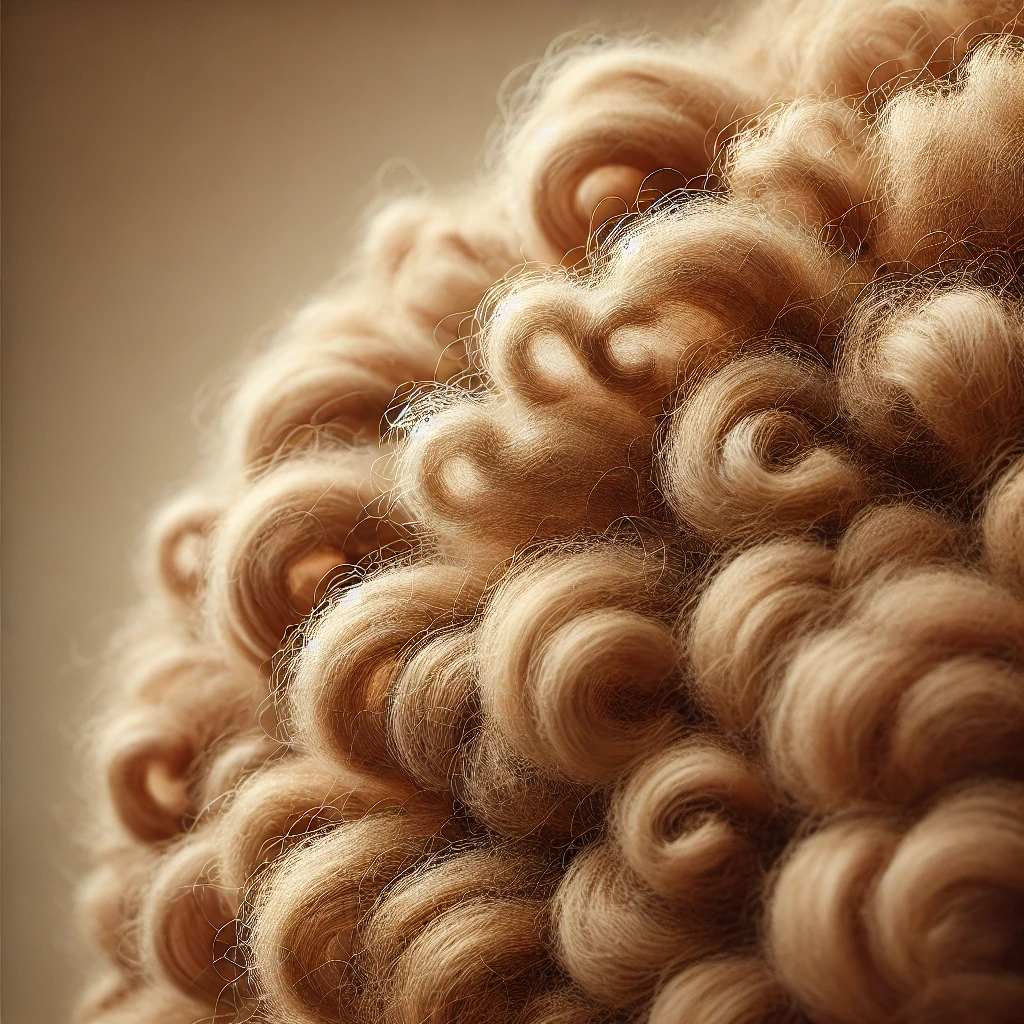Camel wool, often less known than its sheep counterpart, has a unique set of properties that makes it stand out. Sourced from the soft undercoat of camels, it has a fine texture that is both soft and highly insulating. The camels, adapted to the harsh climates of deserts, have wool that efficiently keeps warmth in during cold nights and keeps heat out during sweltering days.
But does camel wool cause allergies? We’ll be answering that question in thorough detail here.
Read More: Mongolian Socks | Buy Camel Socks
Understanding Hypoallergenic Materials
When discussing hypoallergenic materials, we are delving into substances that have a reduced likelihood of triggering allergic reactions. It is crucial to emphasize that while these materials are less likely to cause allergies, there is no material that can be considered entirely allergen-free for everyone. The reason behind this lies in the highly individualistic nature of allergies.
Is Camel Wool Allergen-free?
Camel wool is said to contain fewer allergens than many other types of wool. Most wool allergies are reactions to lanolin, a greasy substance secreted by wool-bearing animals. However, camels exhibit a distinct characteristic in that they produce considerably less lanolin, rendering camel wool less allergenic.
The Hypoallergenic Nature of Camel Wool
In a side-by-side comparison with traditional sheep’s wool, camel wool emerges as a more hypoallergenic option. This advantage stems from a combination of factors, primarily its low lanolin content and the absence of chemical treatment required during processing.
These factors collectively contribute to making camel wool more skin-friendly, reducing the risk of allergic reactions.
Ensuring the Quality of Your Camel Wool
The quality of camel wool significantly influences its hypoallergenic properties. When seeking camel wool products, it’s imperative to purchase from reputable sources that can provide assurance regarding the authenticity and quality of their offerings. This step ensures that you are receiving camel wool that adheres to the hypoallergenic standards you seek.
So Is Camel Wool Hypoallergenic?
To answer the question, “Is camel wool hypoallergenic?” – Yes, camel wool is considered hypoallergenic because of its low lanolin content and the absence of harsh chemical treatments. However, individual sensitivities may still lead to allergies, but in very rare cases. Most people are fine and don’t have any problems.

